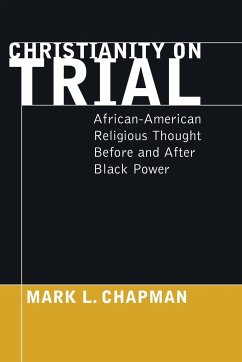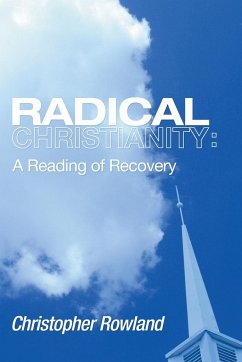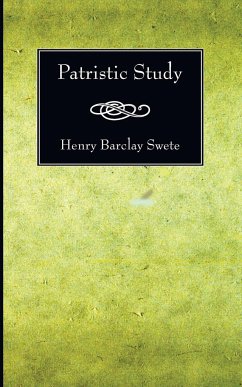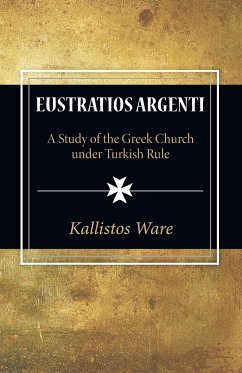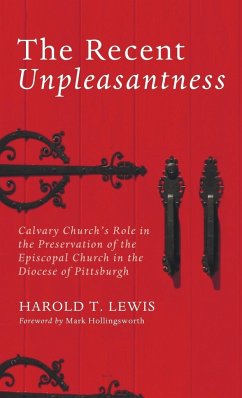Since slavery times African-American religious thinkers have struggled to answer this question: Is Christianity a source of liberation or a source of oppression? In a study that reviews representative thinkers over the last fifty years, Mark Chapman reviews the variety of ways that African-Americans have addressed this problem and how it has informed their work and lives. Beginning with Benjamin Mays, the leading Negro theologian of the post-World War II period, Chapman explores the critical implications of this question right up to the present day. The pivotal turning point in this period is the emergence of the Black Power movement in the 1960s. Sparked in part by the challenge of the Black Muslims, for whom Christianity was simply the white man's religion, inherently racist and oppressive, the era of Black Power saw the rise of militant Black theologies as well. After analyzing the work of the Muslim Elijah Muhammad, Chapman turns to the pioneering work of Black theologians Albert Cleage and James H. Cone. Chapman demonstrates the differences but also uncovers surprising lines of continuity between the older Negro theologians and the later Black theologians, particularly in their efforts to uncover the truly liberative potential of Christianity. 'Christianity on Trial' concludes by exploring the recent emergence of womanist theology. As articulated by Delores S. Williams and other African-American women, womanist theology challenges not only the patriarchal aspects of historical Christianity, but the same limitations in previous Black theologies.
Bitte wählen Sie Ihr Anliegen aus.
Rechnungen
Retourenschein anfordern
Bestellstatus
Storno

